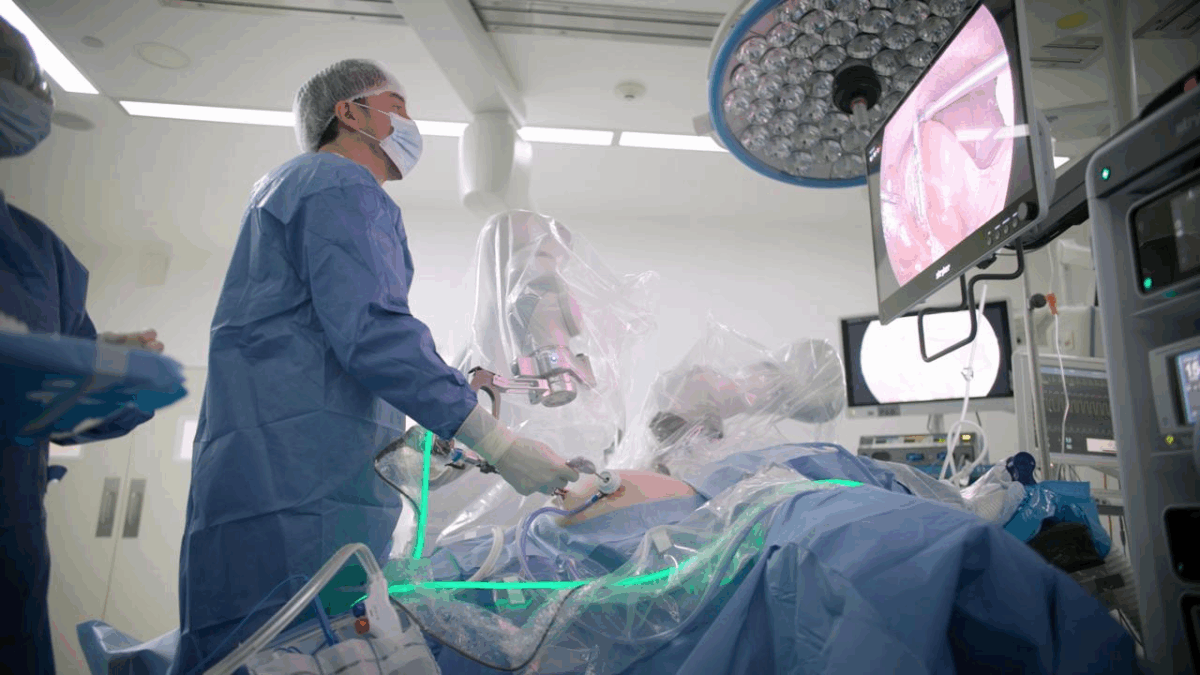Immunotherapy – treatments that harness the power of the body’s own immune system to fight disease – has been widely regarded as a potentially game-changing new tool in the field of oncology. The emergence of immunotherapy-based treatment options has been particularly critical for patients with historically hard-to-treat types of the disease.
While a number of different approaches have been taken to optimize immunotherapy as a cancer treatment, two distinct technologies – namely CAR-T cells and bispecifics – have proven to be highly promising. Like most new medical advances however, the immunotherapies will face considerable challenges before they have the opportunity to be widely adopted in the clinic.
CAR-T Immunotherapy
T-cells are a white blood cell variant involved in the body’s immune response targeting infected cells. On their own, these cells are less effective at identifying and destroying cancerous cells, due to their ability to bypass the immune system.
In CAR-T immunotherapy, a cancer patient’s T-cells are engineered to express specific proteins known as Chimeric Antigen Receptors – or CARs – to allow them to target cancer cells. Clinical trials testing this approach in individuals with blood cancers, have generated extremely positive results with many of the patients experiencing extended cancer-free periods.
This approach – called adoptive cell transfer – begins with the harvesting of T-cells from blood samples collected from the patient. These immune cells are then genetically engineered to recognize antigens characteristic of the patient’s cancer type, usually using a retroviral vector.
The T-cells are expanded using cell culture in the lab – to ensure that their numbers are in the billions – before being infused back into the patient. The hope is that these engineered T-cells will continue to multiply in vivo, and successfully recognize and attack the cancer cells.
CAR-T immunotherapy has almost-exclusively been tested in patients who have exhausted all other treatment options and are reaching the end stages of their cancer. The results of these trials has been impressive with some reporting that the cancer was effectively eliminated in 40 to 90 percent of patients receiving the treatment. CAR-T immunotherapy drugs are currently in development by a number of different companies including Kite Pharma, Juno Therapeutics and Novartis.
CAR-T cell immunotherapy represents a prolonged treatment option, with these engineered cells persisting in the body for months or even years. Clinical trials testing the effectiveness of this therapy have identified issues regarding the safety and efficacy of implementing such a technology, at a large scale.
Some patients who have received modified CAR-T cell infusions have experienced a potentially-fatal side effect known as a cytokine storm (cytokine-release syndrome). Cytokines are small proteins responsible for recruiting and activating immune cells, including T-cells.
Activated T-cells can stimulate recruitment of more cytokines, and if they are allowed to accumulate at the site of inflammation, they can do serious damage to internal organs. Patients with the most advanced form of cancer are most susceptible to cytokine-release syndrome; they can experience extreme flu-like symptoms, including high fever and drops in blood pressure which can be fatal.
While some doctors maintain that induction of the cytokine storm is necessary for the treatment to be successful, researchers are still developing ways to mitigate the symptoms associated with the side-effect. Patients with mild forms of cytokine-release syndrome can be treated using standard steroid therapies, however those with more extreme toxicity symptoms may be given anti-inflammatory drugs – such etanercept (Enbrel®) and tocilizumab (Actemra®) – to reduce cytokine levels.
Aside from the current patient safety issues associated with this therapy, there are significant challenges to adopting CAR-T as a standard treatment for cancer. As it uses patient-derived cells, CAR-T is an extremely personalized oncology treatment – far from the one-size-fits-all design of traditional cancer drugs.
In addition, this therapy requires a significant investment into time and resources used to modify and expand the T cells, making it an expensive treatment option. Some have estimated that the treatment could cost $300,000 to $500,000 per patient, if the technique is approved by regulatory authorities.
Bispecific Antibodies
Bispecific antibodies are emerging as a potential alternative to CAR-T immunotherapy. Unlike conventional monoclonal antibodies – that recognize and bind to a single target using both arms of the protein – bispecifics are capable of binding both to an antigen displayed on a cancer cell with one arm, and recruiting a T-cell with the other.
Once the cancer cell and the T-cell are brought into close proximity of one another, the T-cell is able to exert cytotoxic effects on the cell, initiating the cell’s apoptosis pathway. In sufficiently large numbers, these bispecifics could support the immune system to eliminate the cancer.
According to Oxis Biotech – an immuno-oncology pharmaceutical developer – bispecifics could be a less-expensive alternative to CAR-T. In addition, the antibodies are less labor-intensive to produce, compared to the adoptive cell transfer technique used to engineer T-cells.
The biggest research hurdle for both CAR-T and bispecific immunotherapy, is to adapt the technologies to make them effective against solid tumors. By their very nature, these immunotherapy technologies are currently only effective against cancers of the blood.
CAR-T cells and bispecific antibodies injected into the bloodstream of a patient with a solid cancer – such as liver or colon cancer – could face difficulties in reaching the tumor site and penetrating the hard stroma that surrounds some masses. In addition, solid tumor cells express many of the same proteins found on healthy cells, making it tough for researchers to design immune cells capable of differentiating the two.
As is the case with many other types of cancer treatment, without the necessary level of specificity, these therapies have the potential to target and destroy healthy, living tissue as well as the cancer cells. Considerably more research into the safety and reproducibility of these immunotherapies must therefore be performed, before CAR-T and bispecific are used as frontline treatment for cancer patients.
Do you think immunotherapy approaches to cancer treatment will revolutionize the field of oncology? Share your thoughts in the comments section below!










Join or login to leave a comment
JOIN LOGIN